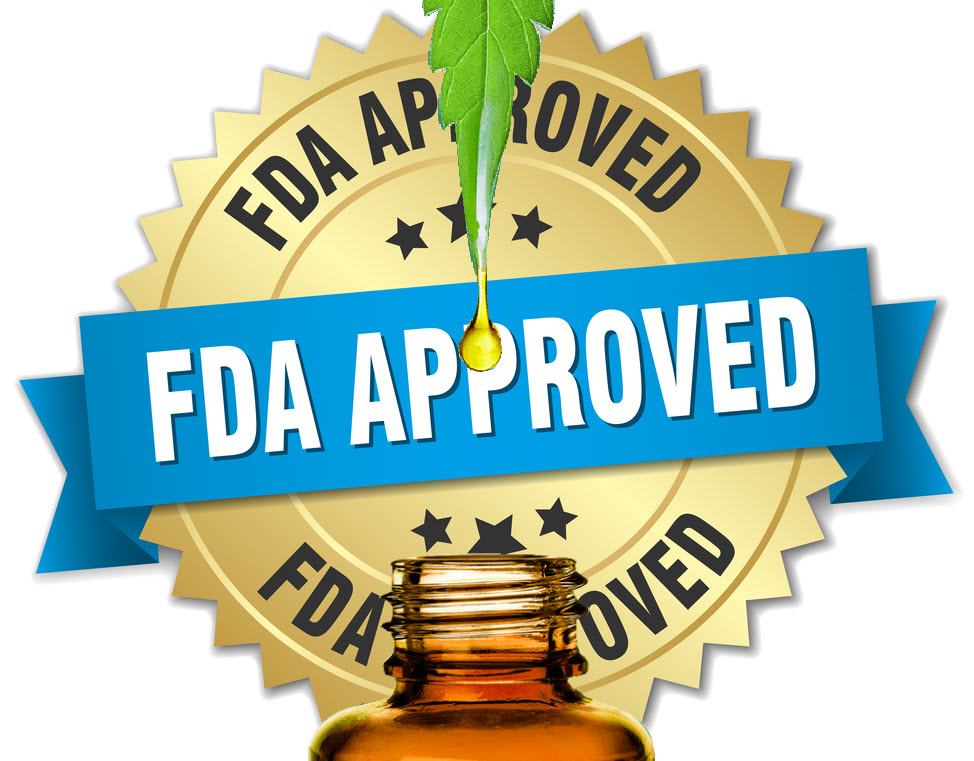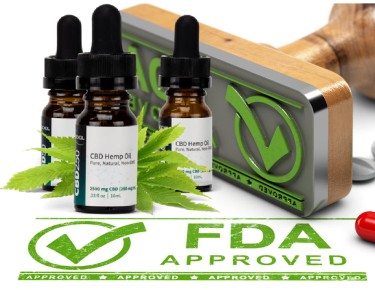
What would happen if the FDA started regulating CBD?
It’s so amazing that cannabidiol (CBD) is now mainstream.
Something like this was unthinkable about a decade ago. But because legalization of marijuana has spread rapidly in the United States in recent years, and in 2018 the Farm Bill legalized the production of hemp and hemp-based CBD (provided it contained no more than 0.3% THC, which is the Standard for hemp-derived CBD products), these factors have helped make marijuana and its components more accessible than ever.
Since then, the only FDA-approved CBD product on the market has been Epidiolex, a cannabis oil designed to treat rare cases of epilepsy. They have never approved any other CBD product and there has been a proliferation of cosmetics, capsules, vaporizers, dietary supplements, edibles and beverages marketed for their CBD content and possibly still trace amounts of THC and possibly other impurities and toxins contain. The fact that it’s federally illegal to put CBD in edibles and cosmetics hasn’t stopped companies from selling CBD-infused beverages and edibles, and it hasn’t stopped companies from making therapeutic claims that their products help with certain medical conditions to be able to help.
However, the Farm Bill did not regulate CBD, although it recognized the power of the Food and Drug Administration (FDA) to regulate anything that contained products made from hemp. Of course, this includes CBD.
Since this has resulted in countless products, particularly edibles and dietary supplements, made with CBD but violating the Food, Drug, & Cosmetic Act, Congress has pushed the FDA to officially regulate them, which they have not done .
Instead, they have sent out warning letters to companies found to be violating them. It’s all very confusing, to say the least, for both businesses and consumers.
Finally, the FDA is considering regulating CBD due to safety concerns. FDA Deputy Chief Commissioner Janet Woodcock told the Wall Street Journal that they are now trying to expedite this. “Given what we know so far about the safety of CBD, this raises concerns for the FDA as to whether these existing food and dietary supplement regulatory avenues are appropriate for this substance,” she says.
Benefits for cannabis users when CBD is regulated by the FDA
There are many potential benefits that cannabis and CBD users could enjoy should the FDA one day start to regulate CBD products.
No more inaccurate labeling and false advertising
Unfortunately, in recent years, along with the rise of CBD products and a wide range of them that are widely available in every shape and form, there has also been a large number of inaccurately labeled CBD products.
This could be dangerous for medical consumers: patients who only need CBD and nothing else could inadvertently ingest products containing psychoactive THC. Driving or operating machinery without realizing they are high can lead to accidents. Additionally, medical patients who only need CBD because THC can be dangerous due to their age or health issues may also suffer because they are unknowingly putting themselves at risk.
Also, not all CBD companies are ethical. Many advertise with false claims to make quick money. This is a painful deception for individuals who need CBD to treat ailments and conditions.
If the FDA regulates CBD, this will be prevented.
Safer CBD Products
There have also been cases of medical fraud and mislabeling due to CBD products being contaminated by the presence of heavy metals, pesticides, bacteria and other toxins. These pose a serious health risk to anyone who consumes them, especially those whose immune systems are already compromised due to diseases such as cancer, HIV/AIDS, asthma, and many others.
It’s likely that the FDA will require third-party lab testing before CBD products can be sold. In this way, customers get better and verified information about what exactly is in a product before they buy it.
More CBD companies
Due to the current vague legal framework, many companies looking to join the green rush and develop CBD products have been reluctant to do so. While the CBD market is a multi-billion dollar industry and only keeps growing, it’s certainly something for the bravest entrepreneurs and deep-pocketed companies who don’t mind shelling out legal fees for consultants who can help them through navigating the difficult current legal landscape.
More studies on the safety of CBD for use during pregnancy
While we know that CBD is generally well tolerated by pediatric patients, we still don’t know much about how it affects the unborn child and infant. Countless women can benefit from treating themselves with CBD during and after pregnancy as it has been shown to promote homeostasis, general well-being, reductions in anxiety and depression, and much more. If proven safe, it may even be used as a natural alternative to treat postpartum depression.
according to dr Patrick Cournoye, head of the FDA’s Cannabis Products Committee, they specifically want to investigate the long-term effects of CBD and its impact on pregnancy.
Valid Marketing Claims
Should the FDA regulate CBD, companies can only make therapeutic claims about their products if backed up by clinical studies. Your products must also be able to meet FDA drug standards. This will cost companies a lot more time and resources as it will take longer for products to hit the shelves. But that might be a small price to pay, given consumer safety. Businesses will also be able to operate more smoothly knowing the regulations will be in black and white — or at least closer to it.
WHAT WOULD THE FDA DO FOR CBD READ MORE…

IS THE FDA ONLY 100 DAYS AWAY FROM REGULating CBD?

Post a comment: